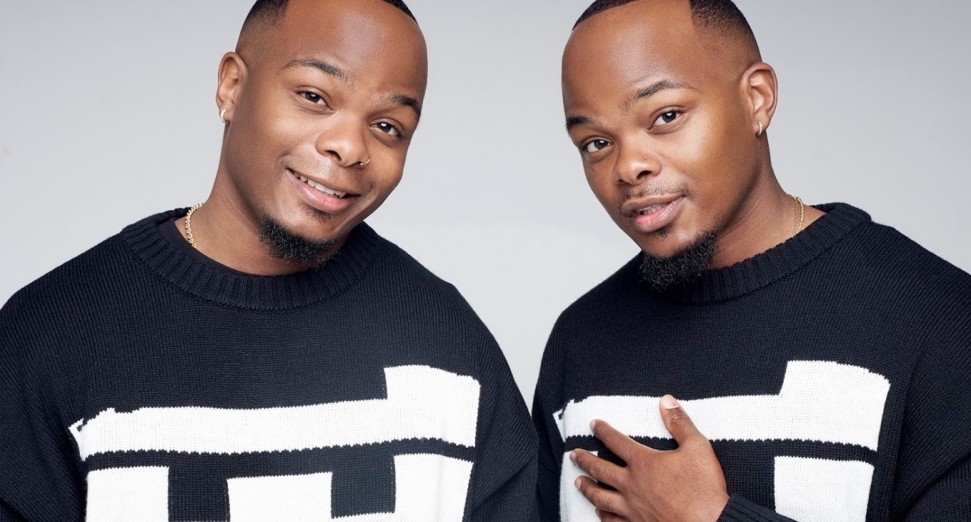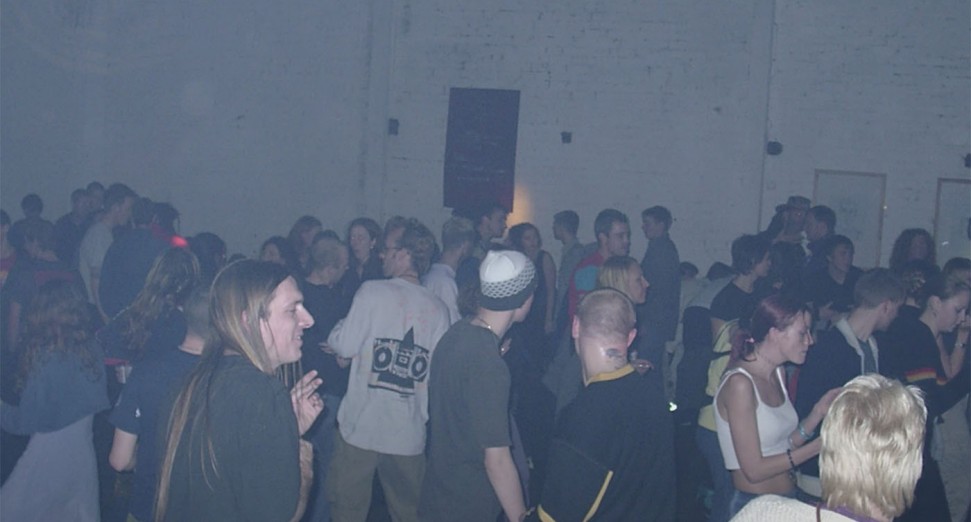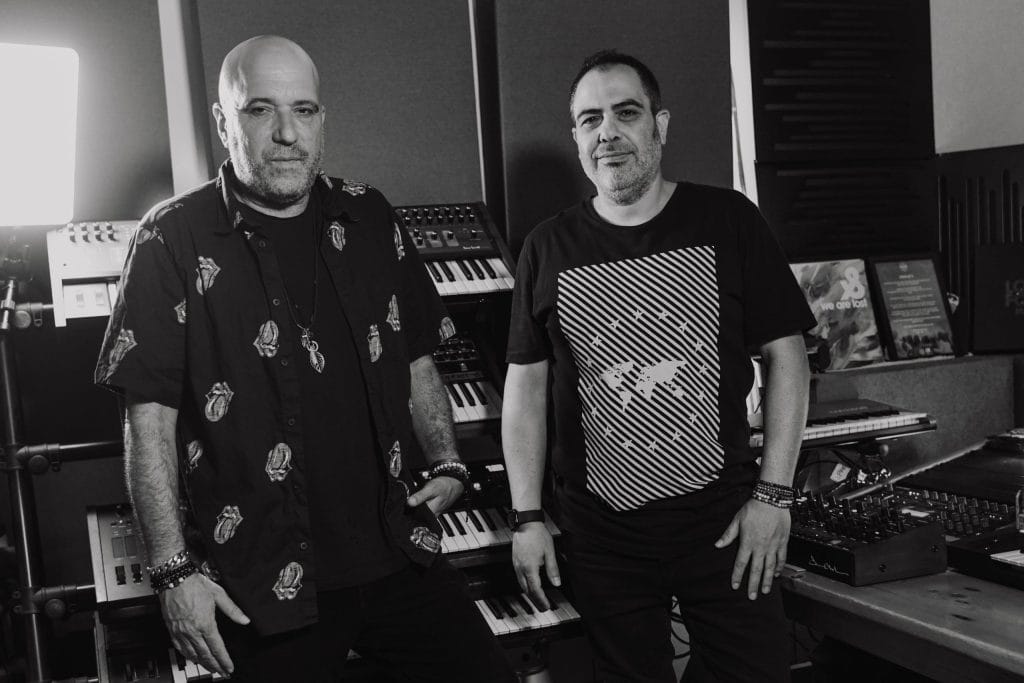
Guy Mantzur and Chicola on the Making of ‘Neon Bible’ and the Art of Digging
Guy Mantzur and Chicola have spent years refining the intersection of melody, movement, and feeling. Their new Neon Bible EP, released on Sasha’s label Last Night on Earth, captures that shared language with two original tracks and an ambient rework that stretch from dance floor focus to cosmic stillness. The release reflects the continuity of their partnership, grounded in shared history and mutual understanding of what makes music breathe.
Both artists bring a deep musical background into every collaboration. Mantzur’s foundation in storytelling and progressive rhythm complements Chicola’s classical ear and instinct for harmony. Together, they shape their sound around patience, groove, and emotional precision. The result is music that feels unhurried yet fully alive, designed for spaces that value connection over momentum.
In this conversation, they speak about how friendships, mentors, and shared experiences have shaped their approach to digging, discovery, and collaboration. They reflect on lessons learned from years within Israel’s evolving electronic scene and how curiosity continues to guide their creative process.
Are there people in your life—friends, crew, mentors—who’ve shaped your digging habits or your taste?
As true music lovers, our passion has always reached across genres. In his twenties, Chicola worked in record shops, which exposed him to everything from jazz and Detroit techno to rock, hip-hop, and psy-trance. Guy began playing piano and guitar at a very young age and soon moved into production, carrying that musical grounding with him. Beyond electronic music, mentors from blues to psychedelic rock taught us about phrasing, harmony, and dynamics. Those lessons still guide how we dig today.
For us, digging isn’t just about finding the right track; it’s about understanding its emotional weight. Our circle of friends and collaborators has always sharpened our taste and kept us curious. We were dedicated vinyl collectors too, often flying across the world to legendary shops like Satellite in New York or Outland in Amsterdam. Those experiences left a deep imprint on our sound and vision. Over the years, we also became friends with many DJs who offered advice that helped shape our careers.
Do you ever send tracks back and forth with other DJs as part of your process?
All the time. Not only when we’re finishing a release, but whenever we’re developing new ideas or preparing sets. We constantly share drafts, edits, or new discoveries and use the feedback to refine our direction.
We also send unreleased music to close friends like Guy J, Hernán Cattáneo, Digweed, and Sasha—just a small circle of trusted ears. Sending a track is like opening a window. You feel how someone else receives the energy and whether it translates as you imagined. Often they’ll hear details you missed or imagine a different setting, which can change the track’s role completely.
Those exchanges keep the process alive and collaborative.
How has being part of a local scene, label, or community influenced what ends up in your sets?
Our local scene has always been unique and hugely influential. We still remember warming up for Sasha, John Digweed, and Carl Craig, and playing legendary after-hours at Haoman 17 in the late ’90s. Those nights planted the seeds of who we would become as artists. Things evolved, and the experiences we shared gave us the drive to create and support new communities.
A big part of that journey is Moments, the project Guy founded, which has grown into a truly global family. Being part of these scenes taught us that music is universal. It connects people beyond borders, languages, and backgrounds. That spirit always shapes what we play today.
What’s something you’ve learned from watching someone else dig?
Patience.
Never rushing the process. The right path reveals itself if you give it time. Nobody sees the months or years of effort behind the craft—studio work, practice, endless jamming.
Following your heart always wins over shortcuts. We don’t chase trends or try to be the latest topic. Our goal is to create music that excites us first; if others love it and labels sign it, that’s a bonus. Watching other DJs dig showed us that consistency and faith matter more than quick results. The process gives the music its meaning.
Do you think collaboration and conversation make the digging process deeper or more intentional?
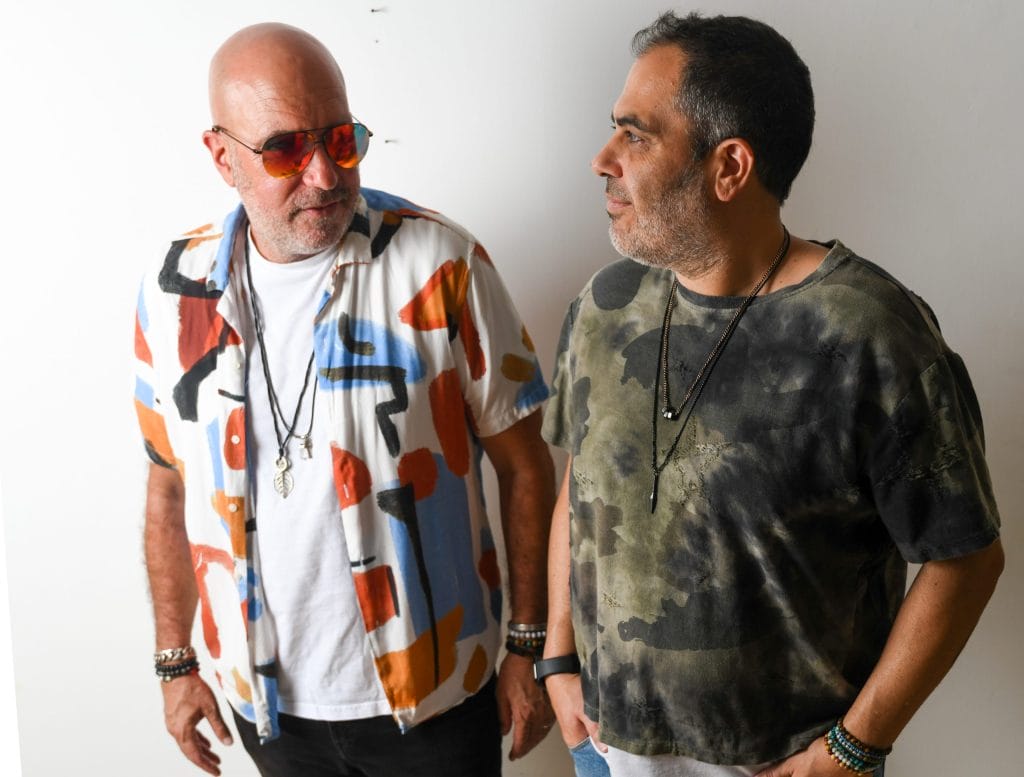
Definitely. Creation is like a language, and collaboration expands the vocabulary. Conversations open doors to ideas we’d never find alone because each of us hears things differently. When you’re accountable to someone else, you dig with purpose. It becomes a dialogue, not a solo search. Collaboration challenges your own biases.
A track you might dismiss can reveal its value through someone else’s perspective. With real trust and no ego, you can reach a very special flow together.
What’s a track that came into your world through someone else and ended up becoming a signature for you?
Discovering music through others is a constant thrill. It might be something legendary like Röyksopp or Oasis, something completely different like Shpongle, or a promo from an unknown producer that grabs us instantly.
Those surprises remind us that inspiration can come from anywhere, and many of those tracks end up becoming key moments on our dance floor.
Have you ever felt like digging alone versus digging socially gives you different results creatively?
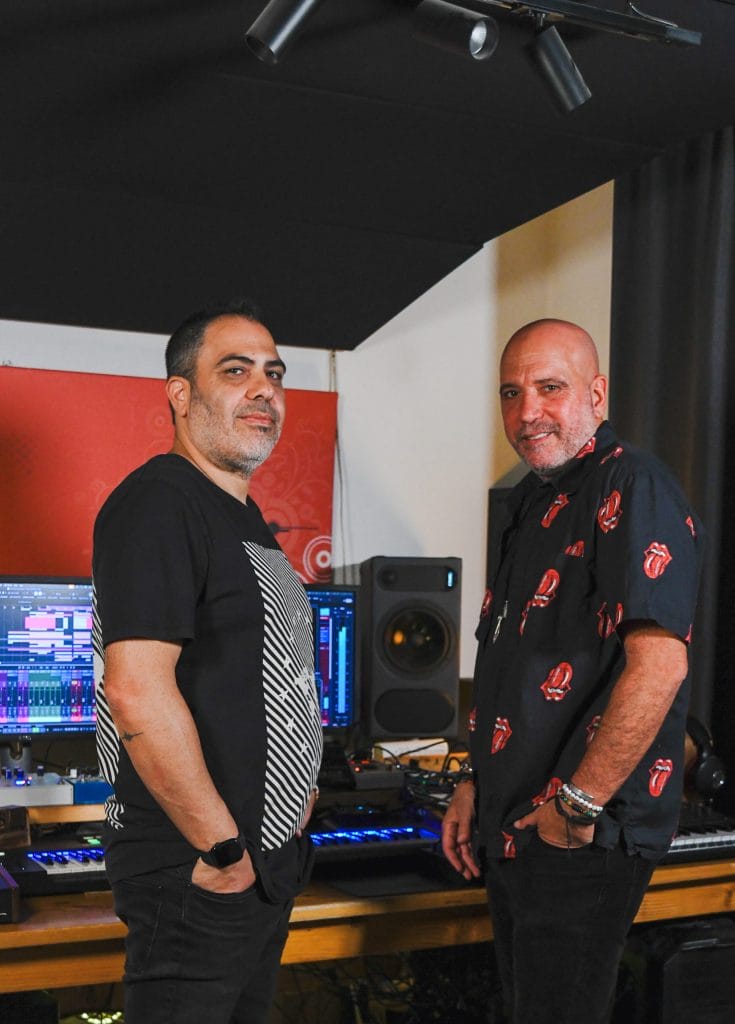
Yes, and both are essential. Alone, digging is meditative. You listen deeply and follow your instincts to find hidden gems. When we dig socially, it brings perspective and sparks ideas we wouldn’t find on our own. That balance keeps things interesting. Solitude builds personal taste; community refines it.
For this EP we did both—joint sessions in the studio and solo sessions exchanging files. It gave us the best of each world.

